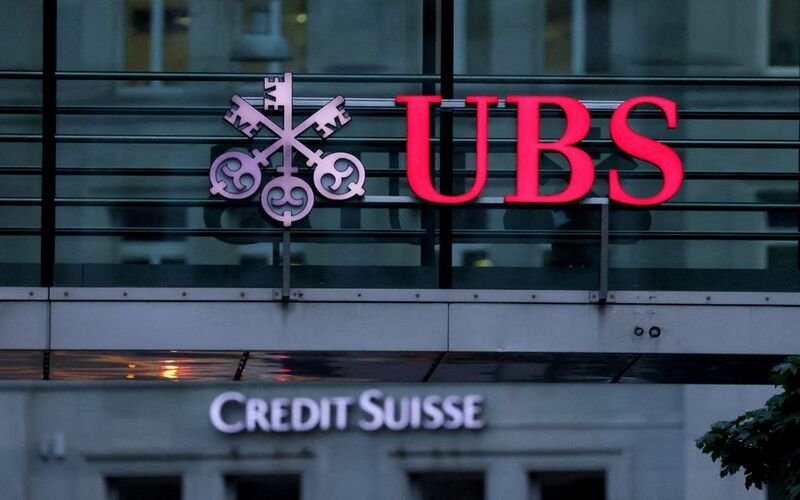After at least one of its clients was accused of money laundering, the Monetary Authority of Singapore (MAS) said on Wednesday that it would audit a local branch of Credit Suisse to see if it handled the monitoring of rich clients appropriately.
Within a few weeks, Credit Suisse and other bank employees will be interviewed by representatives of Singapore’s financial regulator, according to a story from Bloomberg based on people familiar with the issue.
Requests for a response from the MAS and Credit Suisse were not immediately entertained. Credit Suisse has suffered significantly as a result of the money-laundering scandal. Their stock values have collapsed, and their reputation has been severely damaged. The future of Credit Suisse is still unknown as authorities and investors examine their activities.
The banking industry will probably undergo significant adjustments due to this crisis. It serves as a sharp reminder of the need for thorough compliance processes and has sped up calls for increased accountability and transparency inside financial institutions.
As the Asian Financial Center looked into one of the largest cases of alleged money laundering, Singapore police detained ten foreigners in August and seized assets worth S$2.8 billion ($2 billion).
The Financial World has been rocked by the Money Laundering Scandal involving Credit Suisse and other significant companies. The scandal’s origins, the dispute’s resolution, regulatory measures, and potential repercussions are all crucial elements of this complicated problem. As the plot develops, it serves as a sharp reminder of the necessity for vigilance in the financial industry to stop such incidents from happening again.










































Comment Template